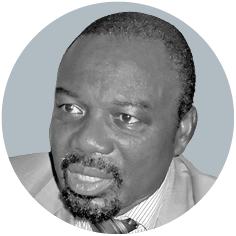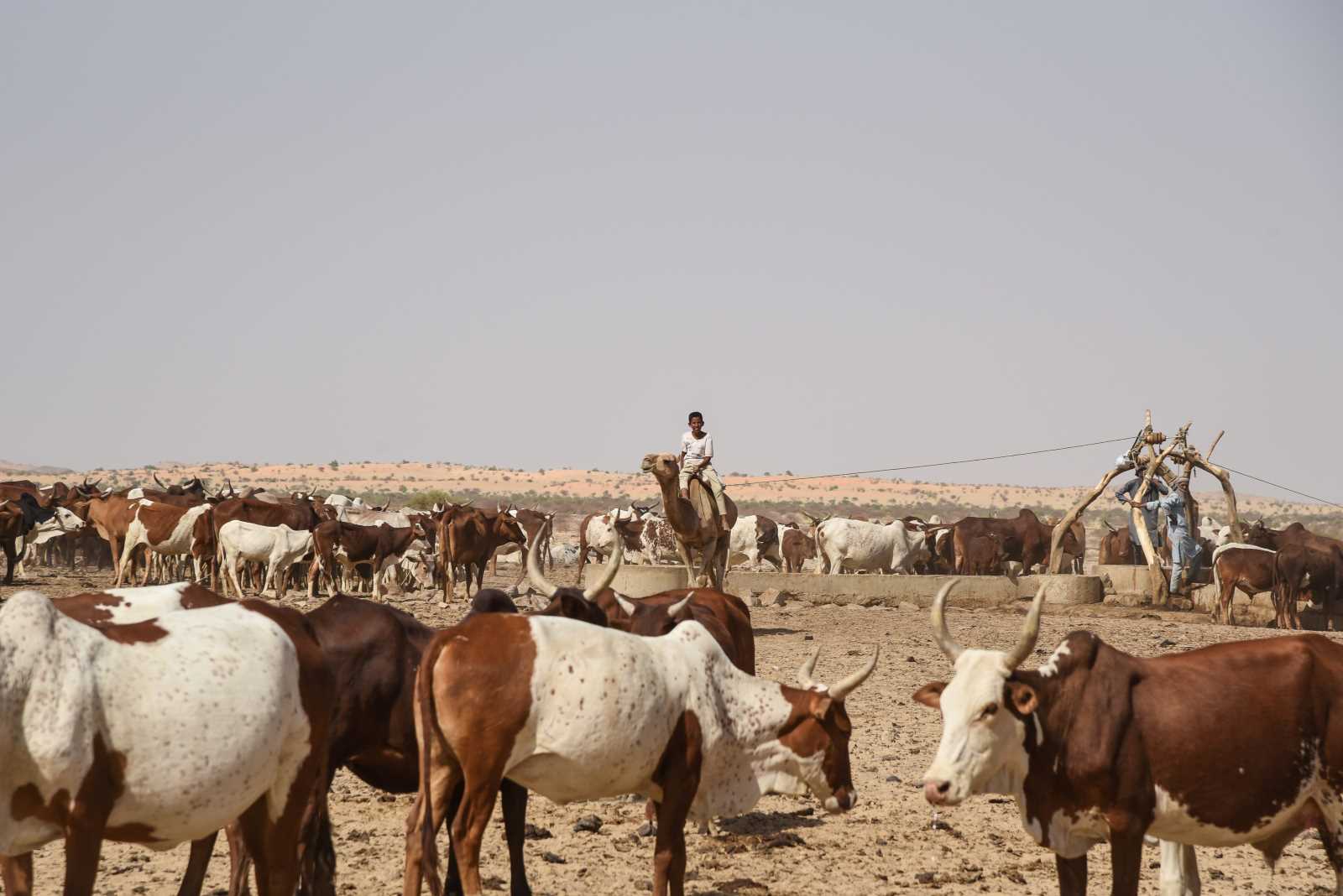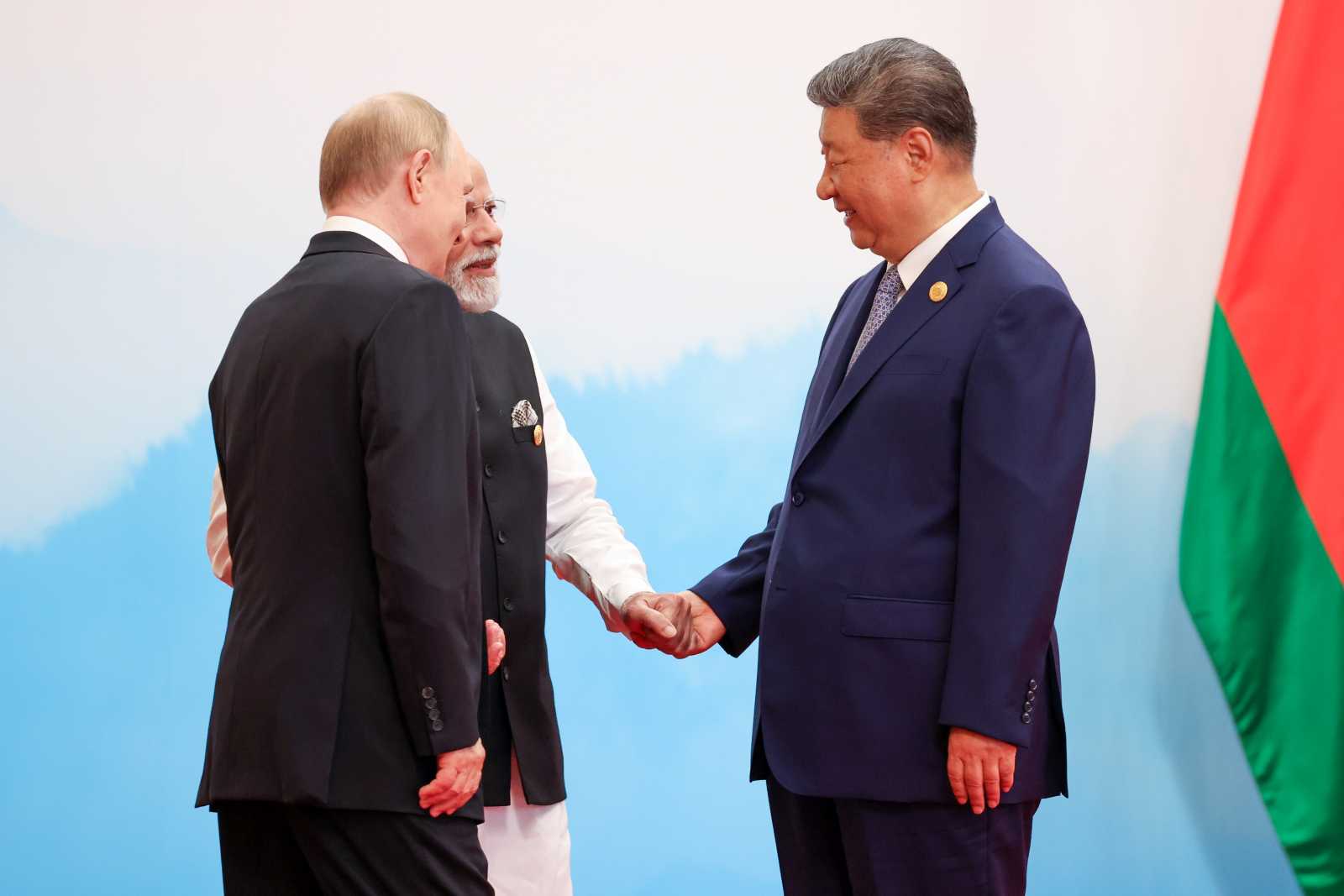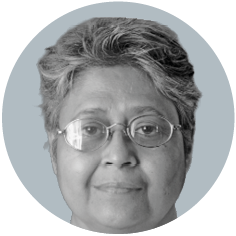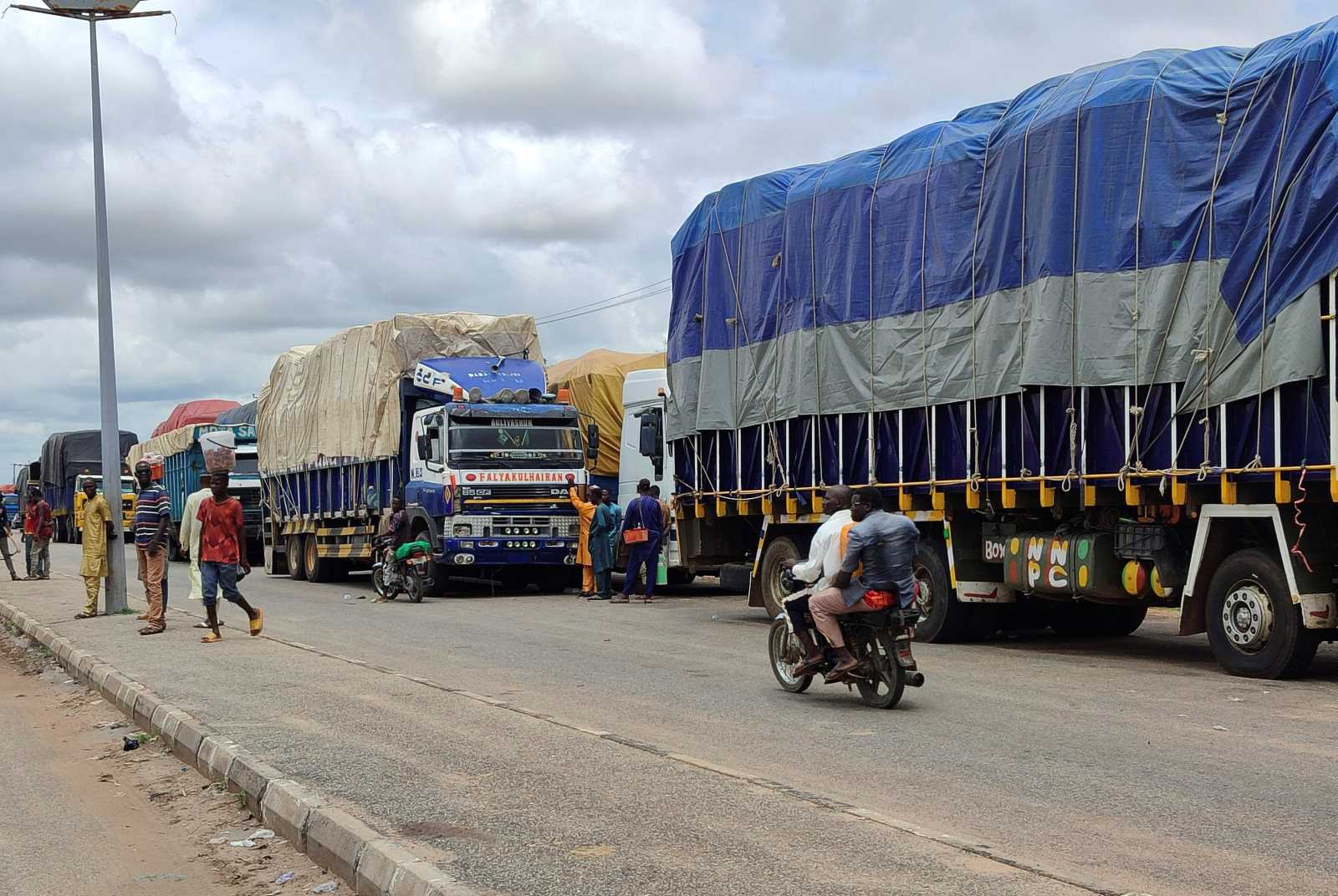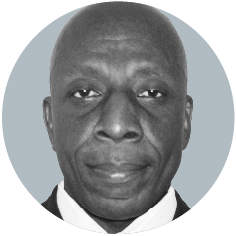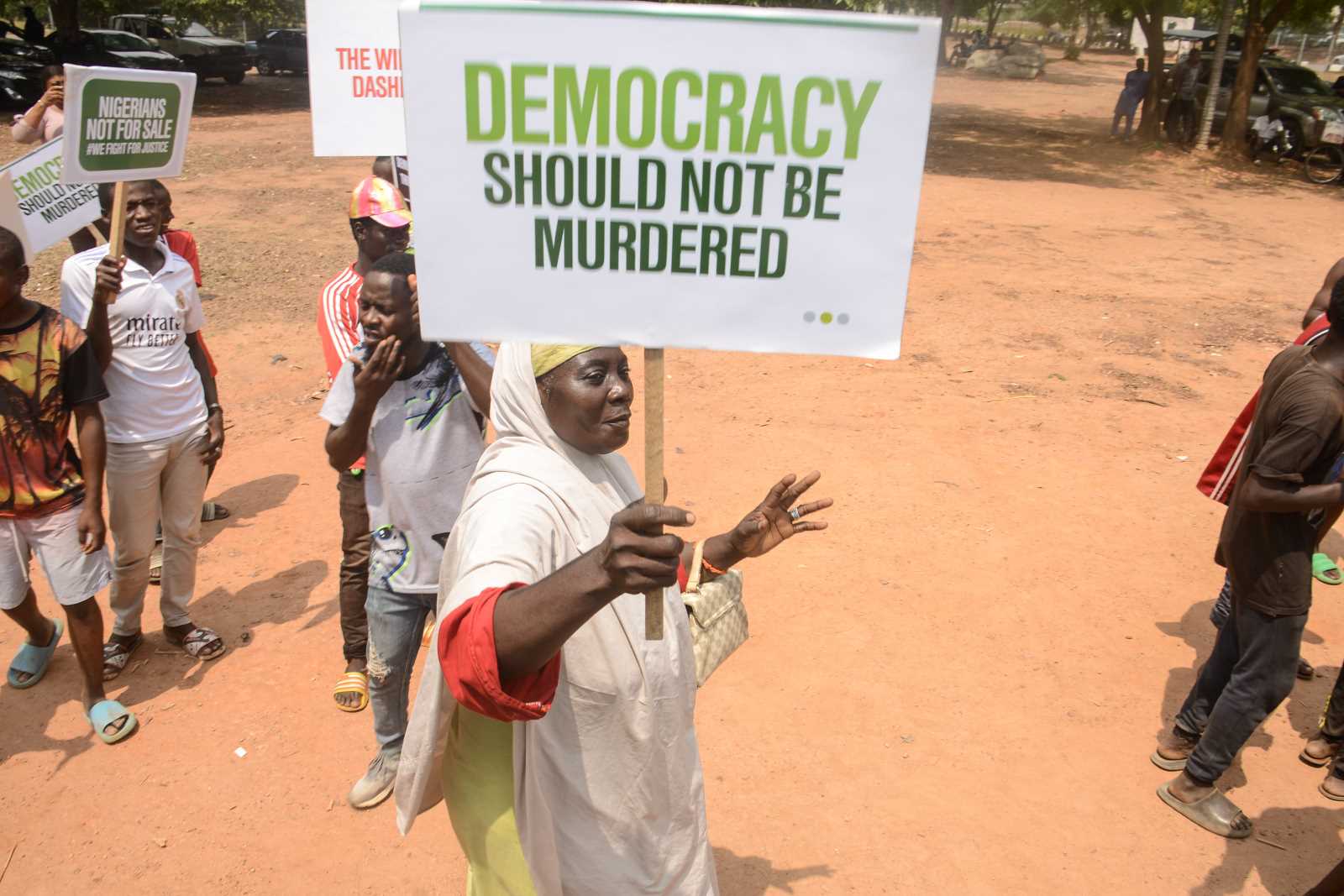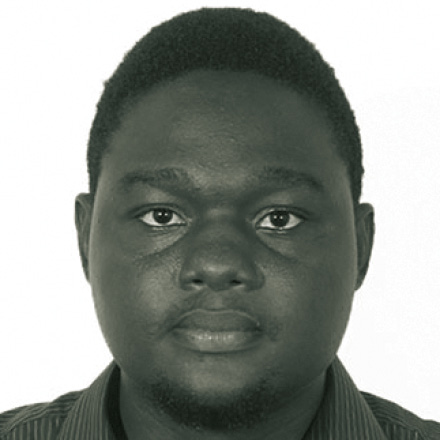West Africa
Western governments’ double standards hurt their reputation in West Africa
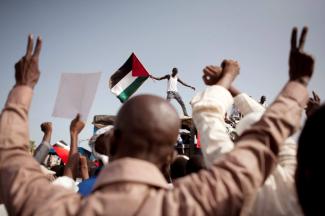
To what extent are the new military regimes changing the nature of the ECOWAS?
Well, this regional organisation is a family of nations that want to leverage economic integration and benefit from synergies. We had to learn early on that there is a security dimension to our aspirations. In the 1980s and 1990s, civil war ravaged some member countries, so the regional block developed security mechanisms that ultimately allowed it to control the violence. In the meantime, however, new security threats have emerged. Terrorism has increased, emanating from the international arena and causing intrastate frictions.
So far, the ECOWAS does not have what it takes to stop terrorism. In this context, we are seeing what I call “systemic coups”. They look acceptable to very many people for two reasons: They prevent the implosion of the respective state and they are led by very high-ranking officers. Moreover, they are largely bloodless and enjoy the support of local people. That makes it difficult for the ECOWAS to interfere.
Are you saying the new military regimes are democratically legitimate?
The answer is both yes and no. They are legitimate in the sense of preventing the collapse of the state, but not in the sense of removing an elected government. It is a catch-22 situation. Whatever the military does, they get something wrong.
We only see TV pictures from the capital cities, so perhaps the new regimes do not enjoy the same support in rural areas.
Yes, that may be so, but the big cities are what matters. Rural populations almost entirely lack influence. Their wishes and ideas really do not mean much to elected governments either.
Does the disconnect between formal governance and life in remote villages affect all of West Africa?
I would say it affects all of Africa. State institutions are generally urban-based, and large areas outside the metropolitan centres remain ungoverned. Things are a bit better in countries like Ghana or Kenya, where institutions of governance have a bearing on the entire country, and rural communities have an idea of how state authorities are supposed to serve them. However, that is the exception, not the norm. The West African coup countries all have vast ungoverned regions, which are full of angry young men. Armed gangs, warlords and terrorists fill the power vacuum. To some extent, they also offer livelihoods. Adding to the problems, historical conflicts between ethnic groups tend to linger on.
Islamist terrorists claim to be fighting for the faith – is religion a driver of violence?
No, religion is not to blame for terrorism. It is a tool that terrorists manipulate. They benefit from resentment against the metropolitan culture of the capital cities and claim to be totally different. The name of Boko Haram, the Nigerian terrorist outfit, fittingly means “western education is evil”. Agitation is easy when you can say someone is trying to kill the people of our faith. But let us be very clear: the Koran does not call for what is happening, and most terrorists haven’t really read any Holy Scriptures.
Does the Gaza crisis have an impact on West Africa?
Yes, of course it does. Across the Muslim world, passions are running high. People feel that “the Jews” want to kill dear brethren. The way western governments unconditionally endorse Israel is making the problems worse. For good reason, you call Russia’s indiscriminate bombing of Ukraine a war crime. But when Israel’s indiscriminate bombing of Gaza kills some 8000 people in three weeks, including 3000 children, you then talk of legitimate self-defence. Your blatant double standards hurt your international reputation.
But Israel is indeed fighting a terrorist threat, and the law of war demands that only military targets be attacked, but not that every civilian life be spared.
Yes, that is true, but how do we know Israel is only hitting militarily relevant targets? The rhetoric we hear is atrocious. Some Israeli leaders speak of “human animals” or the need for another “Nakba”, as Arabs call the mass displacement of hundreds of thousands of Palestinians in 1948. To masses of Muslims around the world, cutting off more than 2 million people in Gaza from sufficient water, electricity, food, fuel and pharmaceuticals looks like collective punishment. Western governments accuse anyone of anti-Semitism who dares to criticise the Netanyahu government even though there is nothing inherently Jewish about Israel’s deadly military action. Indeed, many prominent Jews disagree with the current military strategy. You can read their comments in international media like the Guardian or the New York Times. Indeed, criticism of Israel is not even necessarily anti-Zionist. Anyone who calls for a two-state solution implicitly accepts Israel’s right to exist. Your leaders want everyone to condemn Hamas, which is indeed an appalling and violent organisation. Western governments would be more convincing, if they didn’t keep silent about how Israel has been breaching international law for a very long time. Building permanent settlements on occupied land is illegal. Western governments keep preaching human rights, but they stay silent about what Amnesty International and Human Rights Watch call Israel’s Apartheid. All they do is accuse these international non-governmental organisations of anti-Semitism, without responding to the nuanced legal arguments.
Have the EU and its members lost trust across the ECOWAS?
Well, their reputation is in fast decline. Even I as a scholar am losing faith, both in the EU and in the UN. Far too often, international rules do not serve our needs. Why were we deprived of vaccines in the Covid-19 pandemic even though rules of the World Trade Organization state that intellectual property right must not stand in the way of public health? Why is it okay for US administrations to order extrajudicial executions of supposed terrorists abroad? Why do human rights suddenly not matter when someone is adrift in the Mediterranean Sea? The list goes on.
Is the implication that Africans have lost faith in democracy?
The big problem is that the electoral democracies which exist in Africa have largely failed to deliver what people need. The lack of infrastructure, social services and opportunities remains striking. Too many people feel that it doesn’t matter who they cast their vote for.
Is there anything the EU and its members should do?
It would be good if the EU could draft a way forward, proposing solutions to huge global problems. But I doubt you have the necessary collective will and clout. The world lacks international leadership. The USA has lost any claim to such leadership. Perhaps China will try to rise to the challenge.
Well, I have been observing its various alliances, especially the BRICS. I see very little coherence. The one thing that unites Brazil, Russia, India, China and South Africa is resentment of the West. At the same time, Chinese policies – regarding debt relief, for example – can be most painful for developing countries.
Yes, that is true. The world is on the brink, and at this point, nobody is proposing viable solutions.
Is this how you assess the ECOWAS as well – on the brink with no solution in sight?
I see a serious risk of the regional bloc disintegrating, with individual countries backing off one by one. The response to the military coups has been problematic. To some extent it forced the new regimes into an alliance. It was awkward, moreover, that ECOWAS leaders insisted on a joint protocol of 2001 which forbids non-constitutional changes of government vis-a-vis new military rulers, after systematically staying quiet when civilian leaders manipulated constitutions. Alassane Ouattara, the president of Côte d’Ivoire, bizarrely admonished his counterparts in Mali to stick to the constitution, after he had just granted himself another unconstitutional term in office. It doesn’t help, of course, that large numbers of people now think that the ECOWAS is only acting on behalf of western governments, when our leaders try to rein in military regimes. Too few understand that West Africa as a whole needs legitimate and effective governance of a kind that authoritarian rule is unlikely to provide. What makes it hard to convey this message, however, is that elected governments have largely failed to provide such governance as well. The full picture is that any weakening or disintegration of the ECOWAS is bad news for economic integration which we need to build prosperity. And that is true beyond West Africa. Without the ECOWAS, Africa’s continental free-trade area will go nowhere.
Vladimir Antwi-Danso is the dean and academic director of the Ghana Armed Forces Command & Staff College (GAFCSC) in Accra.
vladanso@yahoo.com
